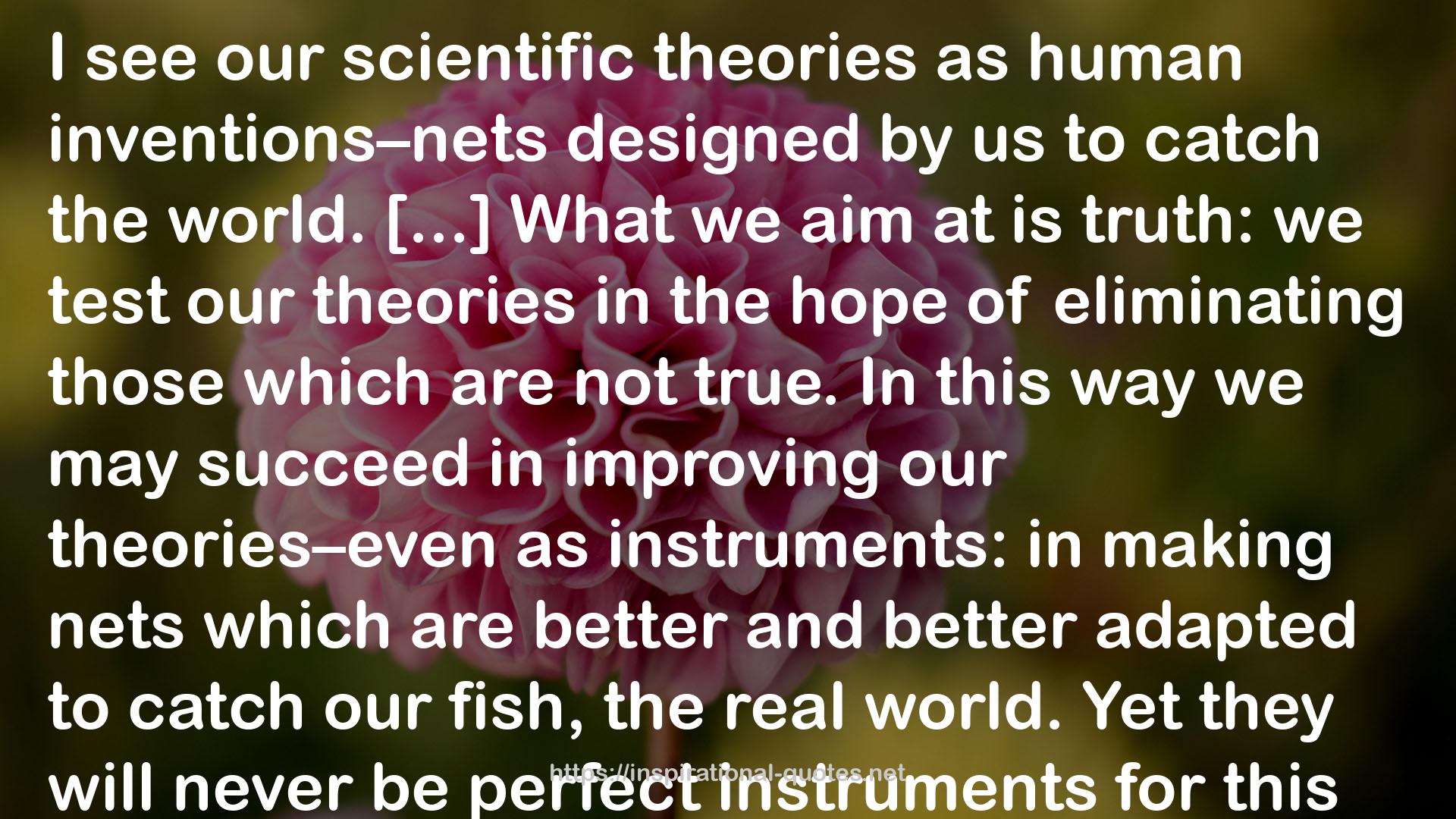The Open Universe: An Argument for Indeterminism from the PostScript to the Logic of Scientific Discovery QUOTES
 The Open Universe: An Argument for Indeterminism from the PostScript to the Logic of Scientific Discovery
The Open Universe: An Argument for Indeterminism from the PostScript to the Logic of Scientific Discoverydetail
SOME WORKS
- The Burning Sky (The Elemental Trilogy, #1)
- Mr. Mulliner Speaking
- Adela Arthur and the Creator's Clock (The Chronicles of A, #1)
- Soulmates
- Gli uomini vengono da Marte, le donne da Venere: Istruzioni per l'uso
- Vendetta sottobanco
- La Principessa e l'Orso
- Processo a Socrate
- Machines Like Me
- Il Colle D'Italia - Le firme del Corriere raccontano la corsa al Quirinale
